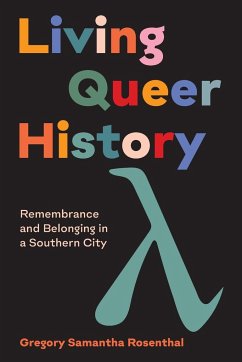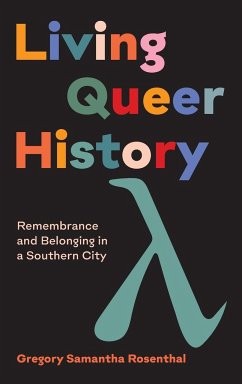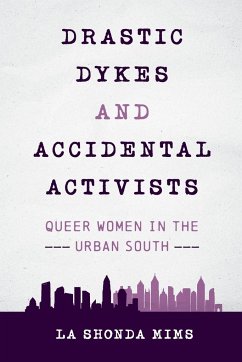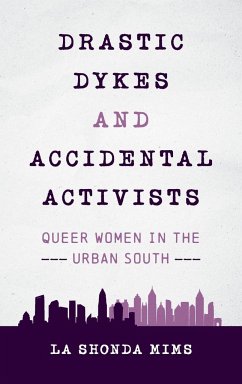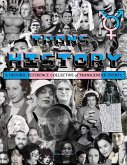Queer history is a living practice. Talk to any group of LGBTQ people today, and they will not agree on what story should be told. Many people desire to celebrate the past by erecting plaques and painting rainbow crosswalks, but queer and trans people in the twenty-first century need more than just symbols-they need access to power, justice for marginalized people, spaces of belonging. Approaching the past through a lens of queer and trans survival and world-building transforms history itself into a tool for imagining and realizing a better future. Living Queer History tells the story of an LGBTQ community in Roanoke, Virginia, a small city on the edge of Appalachia. Interweaving &8239;historical analysis, theory, and memoir, Gregory Samantha Rosenthal tells the story of their own journey-coming out and transitioning as a transgender woman-in the midst of working on a community-based history project that documented a multigenerational southern LGBTQ community. Based on over forty interviews with LGBTQ elders, Living Queer History explores how queer people today think about the past and how history lives on in the present.

